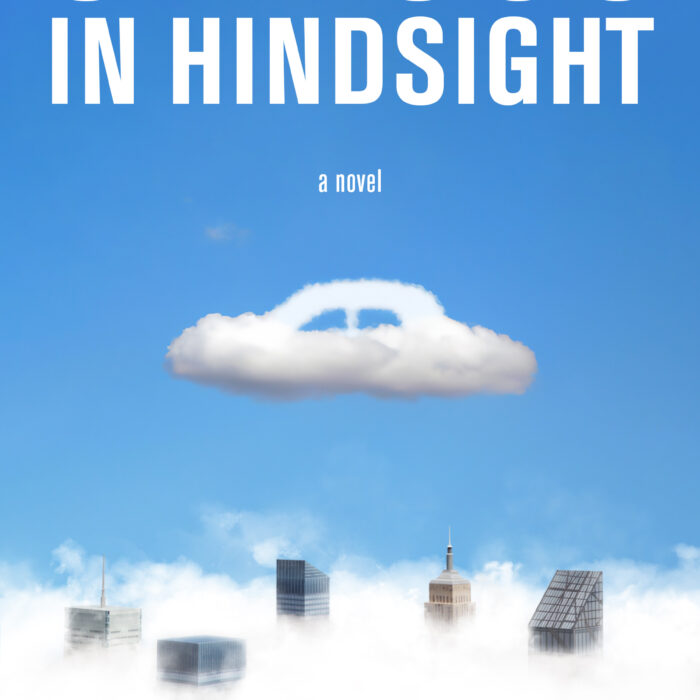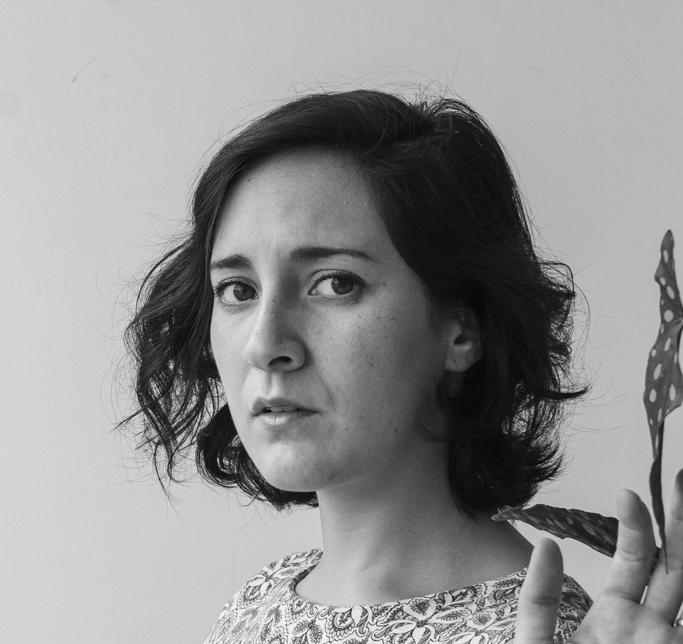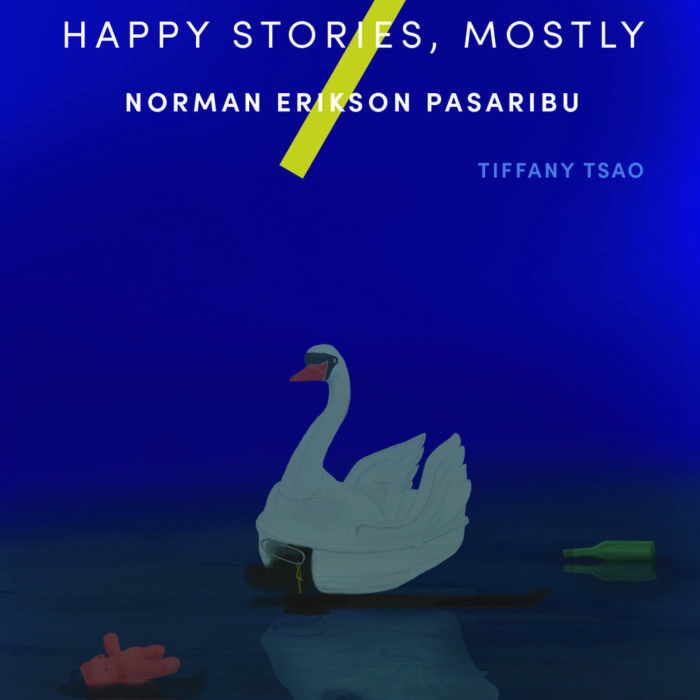You have no items in your cart. Want to get some nice things?
Go shopping Laura Macaulay is Publisher of the Daunt Books imprint. She has worked with books in publishing and as a bookseller for seven years. Follow her at @lauramacaulay.
Laura Macaulay is Publisher of the Daunt Books imprint. She has worked with books in publishing and as a bookseller for seven years. Follow her at @lauramacaulay.
Can you tell me a bit about the Daunt Books imprint?
For over twenty years Daunt Books staff have been talking to customers, selecting the best books from around the world and reading everything they can get their hands on. The obvious next step was to find and publish the books we know our customers want to read. These are books we love, carefully chosen and made. These are what we think, as booksellers, all books should be like: engrossing, surprising, and beautiful. The list mostly includes forgotten classics or books never before printed in the UK.
For example, we’re about to publish The Architects by Stefan Heym, a German author who actually wrote the book in English. He lived in East Germany under the communist regime, and because of that oppressive environment, he wrote for the English-speaking world as a way to get his writing out there. It still wasn’t published until 2006 – I think his wife actually kept him from publishing it, saying, “Our life is going to be hell.” Northwestern University Press has published it in the States, but this will be the first UK publication, which is quite exciting.
Our seven Daunt bookshops give us a great jumping off point in terms of already having a place to sell the books, but we also sell through Amazon and in bookshops throughout the UK.
“Publisher” is quite a general title. What are the main things your job involves?
First, I research potential books to publish, thinking about the shape of the list overall; I also get people’s recommendations. Reading takes up a lot of my time, but I try and set aside a day a week just to read. When I find something I like, I have to find out who owns the rights, which is like a detective investigation – “Hmm, no, we don’t own those rights, but maybe try this person.” For The Architects, I got in touch with the author’s widow and she passed me on to the agency. Then I negotiate over the rights and deal with the contract. Although I don’t have any legal training, I’ve picked up a bit about contracts just from working in publishing.
Next is production: liaising with the printer, typesetter and designer. Editorial work is minimal because it’s already a published book, but I may anglicise the text, and I do occasionally find errors in books that have been in print for years. Once the book is printed I handle the publicity, contact journalists and send out books. I do a small amount of marketing on our website, Facebook and Twitter. I make sure all the Daunt shops have the books and the materials to display them, and I represent Daunt to other bookshops, telling them what’s coming out. Finally, I keep track of sales and do everything I can to make each book a success. This job involves everything from start to finish, which is quite amazing but slightly mad.
What’s your background in the publishing industry?
Whilst studying for my Masters, I worked at Daunt Books as a bookseller. I stayed for a few years and then managed one of the shops in north London for a year before deciding I wanted to work in publishing. I got a job at Hodder & Stoughton as an Assistant Editor, but I kept in touch with everybody here at Daunt, which helped me get this job as Publisher. That is how things work in the industry, isn’t it? Knowing people. It took me a while to get that job at Hodder. I wrote for Time Out and the Times Literary Supplement, worked at Time Out for a while, and I did internships at magazines and a few work experiences at publishers. Eventually something came up. It’s a really hard industry to get into. I think any enjoyable job is hard to get.
I value the fact that I worked in bookshops first and then learnt publishing skills because I have the customer in mind when deciding which books to publish. I can walk down to the shop and talk to customers about why they’re buying a book and what they like to read. I think publishers can get cut off from actual book buyers. When you work in a bookshop, at times you open a box of books and think, “What were they thinking? Why are they sending us this?”
What do you think makes good writing?
Something that draws you into the story. Subject matter can be fascinating, but the writing itself has to draw you into that world. Also, it has to be appropriate for the book. I like literary writing, but if I’m reading a thriller I want something that’s a bit easier, pacier, not quite so considered.
What’s the most challenging aspect about your job?
Juggling all the different aspects of publication, from shaping the list through production and sales.But I’m lucky to see the process from all angles – it’s challenging in a good way, and I enjoy that kind of challenge.
Any advice for those wanting to get their foot into the publishing door?
One thing I’d recommend – see if you can meet with someone in the company, even if they don’t have a job on offer. Say, “Can I come and have a cup of tea with you?” and when you go, treat it like an interview. Next time a job does come up and employers have to wade through loads of applications, it may help your case if they’ve already met you.

Shannon Evans
Shannon Evans, originally from Florida, moved to London in December 2011. Her idea of a perfect Friday evening involves a book and a cup of tea, and her favourite book of all time is Till We Have Faces by C.S. Lewis.




